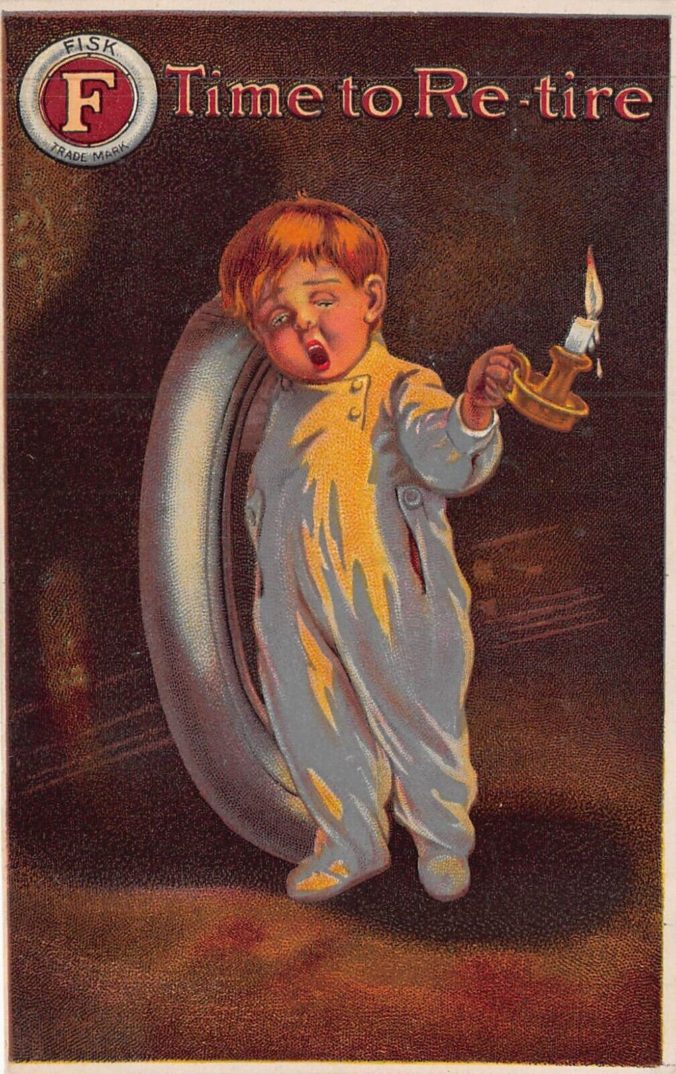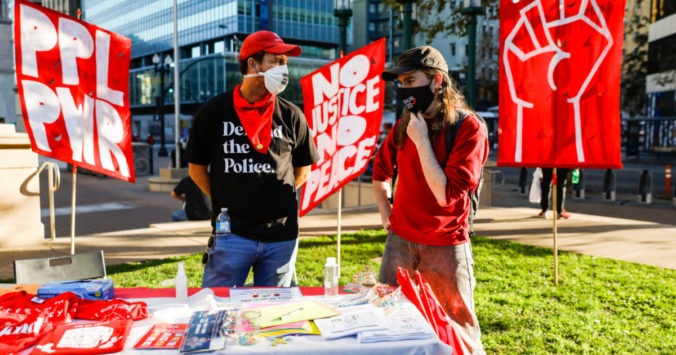A couple years ago, I listened to the Russian Revolution season of Mike Duncan’s podcast Revolutions. Readers might recall that I had a few things to say about the podcast when tsk-tsking Duncan about Marx on profit.
In fact, I think it’s overall a great podcast. And I listened to it again, this time hitting all seasons and not just the one on Russia.
As I listened to how the various revolutions strayed off course, I thought about how their leaders engaged with the population. That is to say, I thought about how the revolutionaries related to the average person in these societies. I especially thought about this in light of the French and Russian Revolutions, two revolutions that featured at least some conception of a society built in the interests of the people as a whole.



